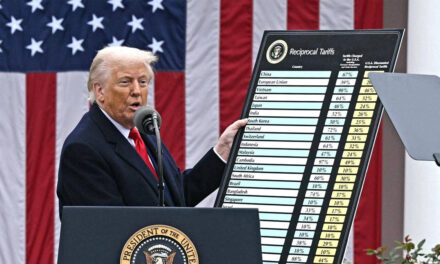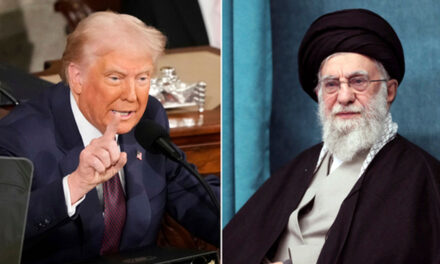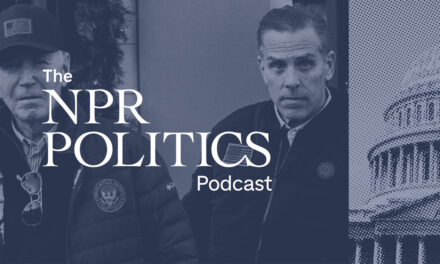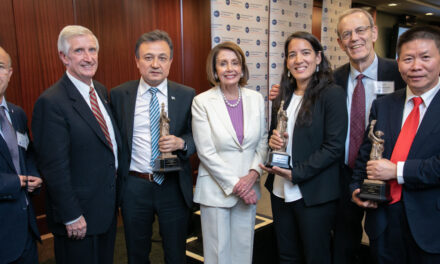
Espionage With a Long View – Is China Bribing Harvard to Influence US Policy?
In 2013, Harvard launched a fundraiser that aimed to accumulate $6.5 billion.
Last September, Harvard Magazine announced the school had secured gifts or commitments totaling over $7 billion (the largest sum ever raised in a higher-education campaign).
The 2016 news release pointed to funding for “nearly 90 professorships.”
Donations included $10 million from Chinese military-linked company JT Capital and $350 million from the family of Ronnie Chan, a Hong Kong real estate mogul with ties to China.
—
Harvard professors have substantial influence on public opinion, and in some cases, on US policy. Former government analyst and Harvard graduate Anders Corr believes the Chinese donations are really just an attempt to influence US policy by way of Harvard professors.
“Allowing such donations does not appear to be in US national security interests, and it does not appear to be necessary for Harvard’s research and teaching,” argues Corr. “Perhaps there should be legislation against Chinese-linked money in US politics, including think tanks and universities.”
According to Corr, certain Harvard professors enjoy all-expenses paid travel to China, where they are then paid to deliver speeches and publish work. “These are all potential avenues of influence upon professors, who do not usually broadcast these pecuniary benefits as they could diminish the perception of their impartiality.”
Corr has urged Vice President Mike Pence to look into whether the Chinese donations violate foreign agents’ registration laws.
“The way in which China-linked pecuniary interests percolate through elite-level US policy discussions on China on both sides of the aisle, and in supposedly bipartisan think tanks and universities, should be a concern to all US citizens who depend on places like Harvard for unbiased political analysis,” insists Corr, adding that Harvard in not a unique example of “soft” Chinese influence.
Harvard argues that it has policies in place to safeguard academic integrity and to deal with conflicts of interest. “Such terms are part of our institutional protocol and only after reaching agreement with the donor is Harvard willing to accept such funding,” says Harvard spokesperson Patrick McKiernan.
Author’s Note: Once you pay a professor a sufficient amount of money, that person is not going to be critical. While $360 million isn’t much compared to the university’s $37 billion endowment, it ensures that China will be allowed to continue providing benefits to individual professors, who are more easily influenced, and who could be easily led into more compromising positions.
This could be viewed as a classic espionage strategy.
China has a history of thinking in the long term, and it knows the Right will not always be in power. If China is allowed direct access to Harvard professors over, say, the next 20 years, the resulting influence will be 100% pro Chinese.




























When it comes to China, they will do anything to try and get the upper hand on America. They don’t have to attack us, they will destroy us from within if we let them like the Democrats have done for decades to feather their own personal nests.